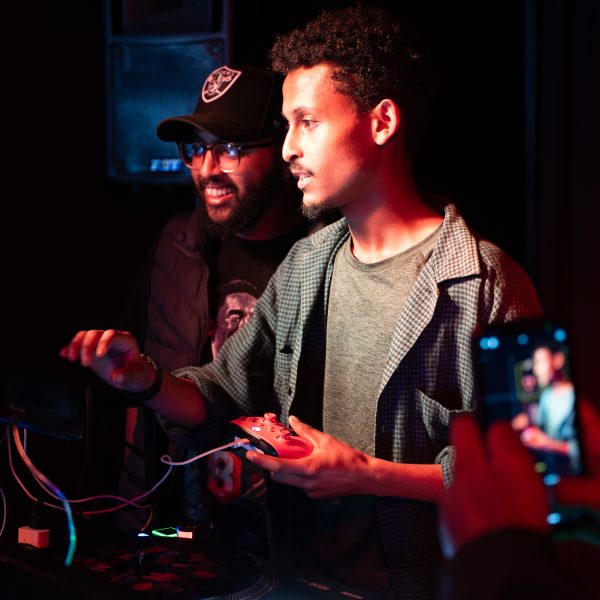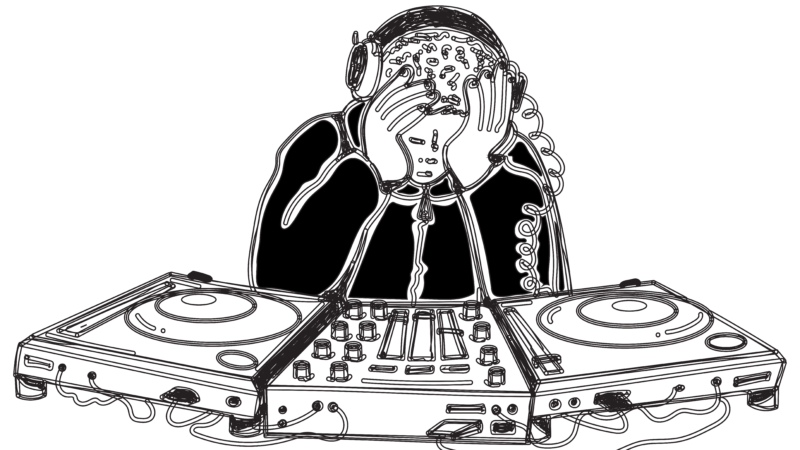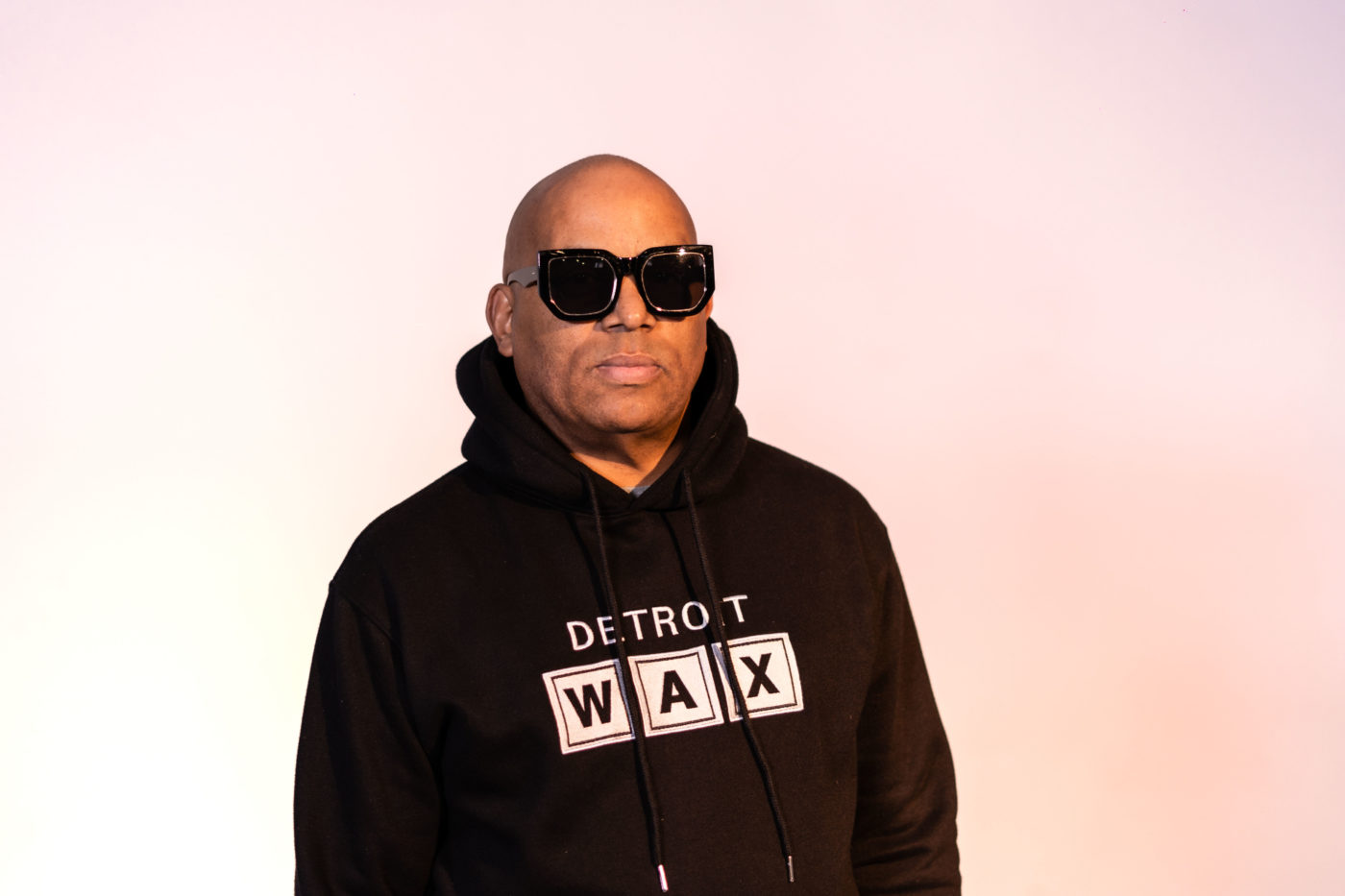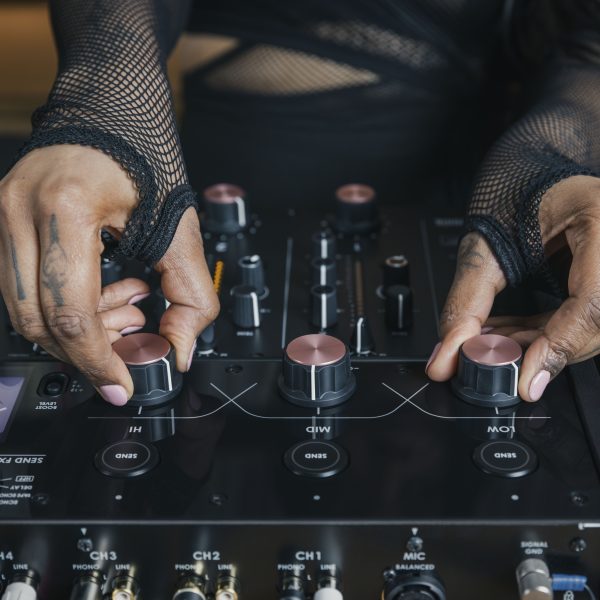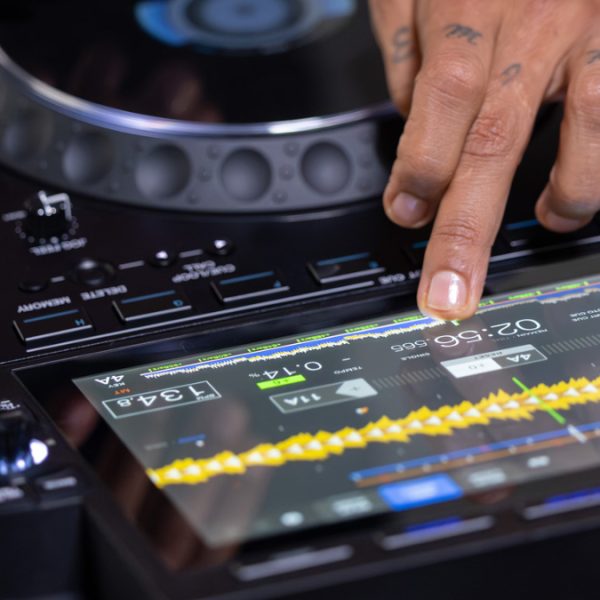LEARN FROM YOUR MISTAKES – OR LEARN TO LOVE THEM
Sometimes, however, knowing the equipment isn’t enough. Clubs are dark, loud places full of distractions. It’s all too easy to press the wrong button or move the wrong fader, with potentially catastrophic consequences. “One challenge is making sure you don’t press the cue button on the CDJ that’s playing,” said Belters Only. “That’s probably the worst thing that could happen to any DJ on the decks, and it does happen to the best of us.”
Tales abound of veteran DJs making this particular boo-boo, or its vinyl equivalent: taking the needle off the record that’s currently playing. Techno DJ Objekt tweeted: “In 13 years of DJing I’ve learned how to build up my set to a massive frothy crescendo over 2 hours but am apparently still able to then pull the needle off the wrong record right at the absolute peak moment.”
New York house artist Levon Vincent told a similar story in an interview with Resident Advisor. It was his first set at legendary London club fabric, and the club’s head of promotions had just entered the booth. “I said, ‘Oh hey, what’s up?’ And then I walked over, and took the needle right off the record. And it was just silence, pure silence… I didn’t know what to do and I looked at Judy in panic.”
What can be learned from this spine-chilling experience? Firstly, reflecting on how it happened might reduce the chance of you doing it again (though probably not entirely).
What caused you to mess things up this time? Were you, like Vincent, distracted by someone entering the booth? If so, perhaps be stricter about focussing on your mixing, even if you risk coming across as impolite to friends and colleagues.
Or perhaps you were thrown off by an unusual booth layout? If the CDJs were three meters apart thanks to the four turntables requested by the previous DJ, why not ask the sound engineer to move things around? Many such factors can be sorted out with some forethought.
The second thing to learn from making stupid mistakes is this: they’re not the end of the world. In a hectic live situation, momentary errors aren’t such a big deal. So what if there’s 10 seconds of silence at peak time? If the rest of your set is packed with killer tunes and energetic transitions, the crowd will have forgotten that snafu by the next morning.
Who knows, it might even work out fine, as was the case with Vincent’s fabric story.
“I put the needle back down, and everyone was like ‘Waheey!’ and the house came down, like it was a trick,” he recalled. “It came right on the beat, so it sounded like it was on purpose… That’s what I really love, the longer I DJ—the accidents and the things you can never account for that get handled gracefully without your intention.”
EXPECT THE UNEXPECTED
Even if you know your equipment backwards and have done your best to minimize mistakes, things will still go wrong. Life is chaotic, and nightlife doubly so.
I once played a gig in the North of England on a snowy February weekend. A small but appreciative crowd had braved the weather. It took some work to build a vibe in the sparsely filled room. Just as things were warming up, the sound system died. A power cut. With a helpful leg-up from the night manager, the promoter managed to flip some circuit breakers and get things back online. I restarted my track. Then the power cut out again. And again.
It turned out that the bouncer had been boiling soup using an extension lead. By the time the mystery had been solved I was pretty flustered and couldn’t recover. The lesson? Stay calm. Often, when something unexpected happens, the crowd is pretty forgiving. But if you panic you’ll make more mistakes, turning one unfortunate incident into a full-blown car crash. Just make the best of the situation, and try to see the funny side.
But what if the incident in question resembles your worst DJ anxiety dream? Bristol DJ Hodge had just such an experience on tour in the US. Having played a party in San Francisco, he showed up for a gig in Portland the following night. With the club sold out and his set about to start, he plugged in his USB stick, only to be confronted with a bunch of playlists he didn’t recognise. He remembers thinking, “Holy shit, these aren’t my USBs.”
It turned out that he and the promoter of the San Francisco party, Chris Zaldua, kept their USBs in identical wallets, and Hodge had grabbed the wrong one. His set was due to start, and all he had was somebody else’s music collection. “It was a genuine DJ anxiety dream,” Hodge recalled. “I was standing there blinking, it was such a surreal moment. My face went cold.”
We can learn from the way he responded to this unforeseen turn of events. He kept his cool and approached the problem methodically. “I went through all the tracks, tagging every one I recognised, and put them all in BPM order. And I was like, ‘Right, I’ll start at 120 BPM and just keep going up.’” He was fortunate that Zaldua has “blinding taste in music. I knew a lot of the tracks he had in there. But there was also a whole bunch I didn’t. I was checking them on the cue and thinking, ‘That sounds good!’”
In the end, Hodge says, the set went pretty well. Aside from Zaldua’s great taste, he also credits the crowd at Spend The Night in Portland for giving him a warm welcome. “I think I got a bit lucky!” Things might not go as slickly in every such situation. But even the very worst disasters can make you a stronger DJ. Think of it as a baptism of fire. Once something outlandish has scuppered your set, more run-of-the-mill crises will be easier to handle.
